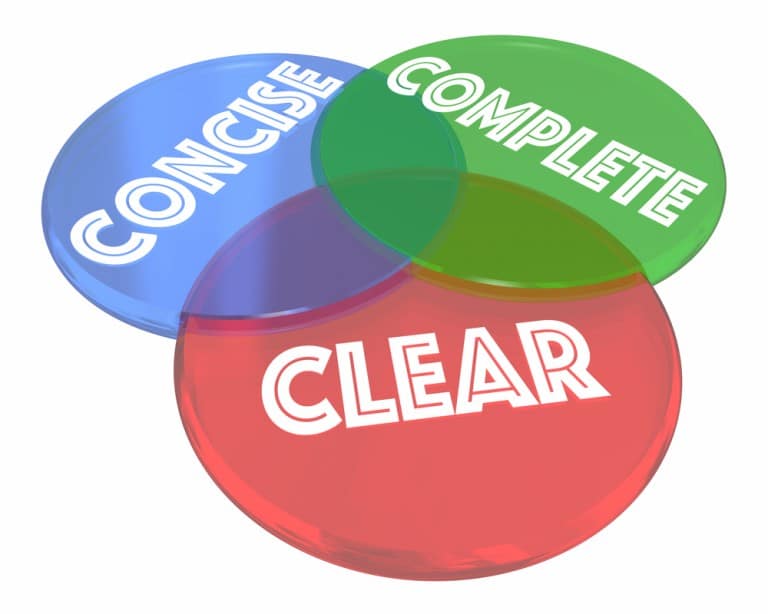Effective sales managers focus on building more team accountability and performance. An accountable sales team is the byproduct of an effective sales manager who holds salespeople accountable for daily behaviors, activities, and results. Effective sales managers improve the team’s sales performance when they commit to consistent coaching and adopt the correct coaching mindset.
Effective Sales Managers Do Monthly 1-on-1 Reviews to Verify Accountability for Forecasts
Monthly one-on-ones are a critical part of sales management because they help both you and your salespeople keep track of their behaviors, activities, and forward progress on sales opportunities. Monthly 1-on-1’s also provide a forum for you to verify each rep’s sales forecast.
One of the biggest manager frustrations occurs when salespeople don’t close their forecasted deals. Salespeople are optimists at heart, and it’s easy for sales managers to believe their rosy sales forecasts. But as the sales manager, you need to temper salespeople’s enthusiasm by finding ways to verify their optimism.
Here two of my favorite sales coaching questions to ask in monthly 1-on-1’s to verify forecasted deals:
“What problems does this customer have that we can solve better than anybody else?”
Your sales team won’t win more deals by identifying customer needs and prescribing solutions. The “need-solution” sales approach just leads to a price-war, because your competitors have solutions too.
To build team accountability and performance, focus your salespeople on identifying customer problems that your company’s unique strengths solve. This is how to get your salespeople to build your company’s unique value proposition into the customer’s recognition of needs phase. For each customer, your salespeople need a compelling answer to the customer’s question, “Why should we buy from you?”
“What are this customer’s buying criteria?”
If the customer hasn’t identified their buying criteria what is this opportunity doing in a rep’s sales forecast? It hasn’t yet been qualified. Or, even worse, maybe your sales rep did not yet ask the customer, “What are your buying criteria?” And that means that all forecasted deals in this rep’s pipeline are suspect. Uh oh.
Effective Sales Managers Adopt the Mindset of a Sales Consultant
A consultant is a person who has some influence over an individual. A manager is someone who acts as if they have direct control over the action. During monthly 1-on-1’s, a managerial style is important. During all other times, given that you can observe only a fraction of what your salespeople are doing, a sales consulting style is best.
All too often we sales managers focus on what a salesperson needs to do to win a specific deal, so we slip into the “tell” mode where we tell the salesperson “do this” or “do that.” This type of interaction with salespeople fails to develop the salesperson’s understanding of effective sales strategies and skills.
A manager acting as a sales consultant asks salespeople more questions. Probe their thinking. A sales manager’s influence comes down to how well he or she helps salespeople see better ways of doing things.
Here are a few questions to ask yourself before conducting a coaching conversation with a salesperson:
What skills or knowledge do I want this salesperson to understand at the conclusion of the conversation?
What questions can I ask that will guide the salesperson to this level of understanding?
Effective Sales Managers Commit to Consistent Coaching
Think about a great coach in your past. Do you have that special person in mind? What did he or she do that was so great?
I’ve heard many different answers to this question, including, “she cared about my success,” “he made me feel important,” “she had high expectations of me,” “he always listened to me,” “she inspired me to get better,” and “he was a great teacher.”
What these answers all have in common is one thing: A rep’s favorite coach was someone who was truly committed to their success. People don’t remember a coach so much for the step-by-step coaching process that person used (though they probably had one). They remember coaches more for how they interacted – and the effort they put into connecting with their team.
All too often, however, sales managers delay having a coaching conversation until the sales rep produces a bad result. Then we rush in and coach ”˜em up with all kinds of instructions on what they should do differently”¦.. It’s as if we’re saying, “If you’re bad enough, I’ll coach you.” Waiting until problems are severe and then drowning your salesperson in feedback isn’t helpful. That’s not how to improve team performance.
We ask our salespeople to build trust, identify needs, think strategically, ask for commitment and make strong connections with their customers. Effective sales managers should model these same behaviors in their coaching conversations. Build trust with salespeople, identify their development needs, ask for their commitment to improve, and make strong connections with our team.
The most effective sales managers develop a wide range of competencies, not just coaching and monthly 1-on-1’s. For a list of the range of skills needed to become an effective sales manager download my “Holistic Competencies for Effective Sales Team Management.”


